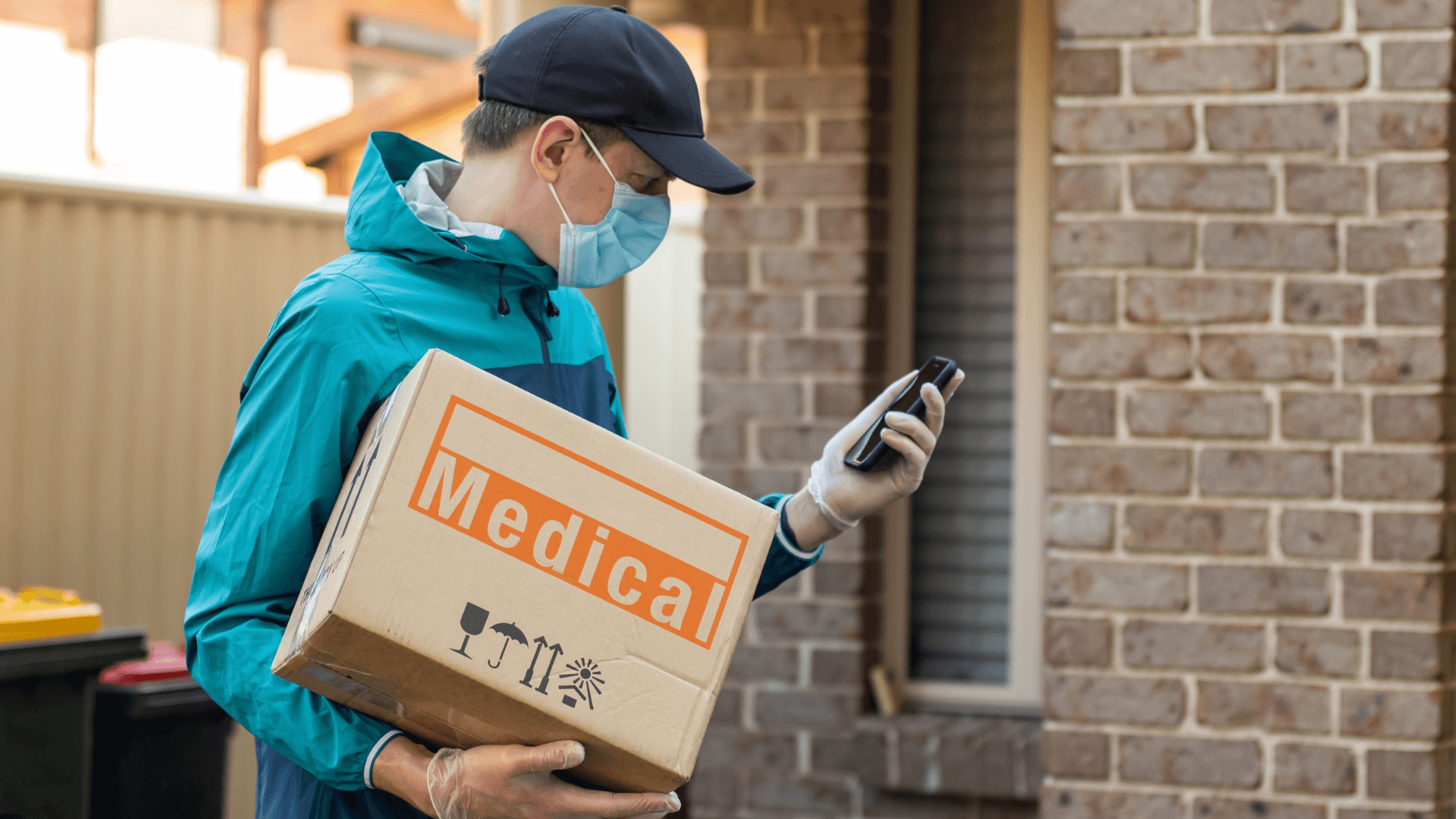Certificate ADR 1.3: Handling and transportation of dangerous goods
Table of Content
In the field of logistics, various certificates are necessary for the handling of specific products. The specific certificates required depend on the country and industry, ensuring compliance with established standards and regulations. In this article, we will provide a brief explanation of a certificate that holds significant importance: ADR 1.3.
Continue reading to gain a better understanding of its significance.
What is the ADR 1.3 certificate?
The ADR 1.3 certificate ensures that drivers or any person involved in the carriage have received adequate training on the identification of dangerous goods, proper handling of safety equipment, emergency procedures, and risk prevention measures.

Within the European Agreement concerning the International Carriage of Dangerous Goods by Road (ADR), this regulation is mandatory for the transportation of dangerous goods in Europe. Any person transporting such goods is legally required to possess the ADR 1.3 certificate. Compliance with this regulation is essential to avoid legal penalties and ensure conformity with applicable regulations.
What dangerous goods does the ADR 1.3 certificate include?
The transportation of dangerous goods encompasses a wide range of products that pose risks to health, safety, or the environment. According to the United Nations, here are some of the materials that can be transported once the certificate is obtained:
- Chemical substances
- Compressed gases
- Flammable liquids
- Radioactive materials
- Toxic substances
- Explosive substances
- Lithium batteries
- Asbestos waste
- Clinical waste
- And more
It is important to note that, in addition to the ADR 1.3 certificate, there may also be other specific requirements for packaging, labeling, documentation, and proper handling of different hazardous products according to the ADR regulations and other applicable international or national standards.
The importance of the ADR 1.3 certificate
The ADR 1.3 certifies individuals with comprehensive training in the most effective strategies to prevent and manage emergency situations, thus minimizing environmental impact and avoiding contamination. The certificate provides knowledge to the driver on the following aspects:
- Safely transport dangerous goods
- Comply with regulations and properly identify and handle associated risks
- Identification of dangerous goods and the interpretation of associated labels, badges, and transport documents. This enables them to recognize and understand the risks and precautions required when transporting different types of dangerous goods.
- Respond to emergency situations that may arise during the transportation of these goods
The transportation of dangerous goods can pose risks to the environment in the event of spills or leaks. Therefore, in the event of spills, leaks, or risky situations, the driver is aware of the prevention and emergency response measures related to the transportation of dangerous goods. They are also capable of taking corrective measures and reporting incidents appropriately.

Non-compliance with safety regulations regarding dangerous goods carries significant risks, both for those involved in handling the goods and for consumers. Violations of these rules can result in severe penalties, including substantial fines. Additionally, fines may be imposed if such violations lead to injuries or damage to property. It is essential to prioritize adherence to safety regulations to mitigate risks and ensure the well-being of all parties involved.
Why is it important for logistics centers to hold certifications?
When seeking certification, it is expected that the logistic center implements best practices and improves its operational efficiency. The standards established in certifications are often based on experiences and knowledge shared by experts in the field, which can help in handling and optimizing the supply chain processes and operations.
In the case of the ADR 1.3 certificate, it is necessary for any person involved in the transportation of dangerous goods, regardless of the specific type of product they are transporting. The certificate helps to demonstrate that the person has received adequate training on the identification, handling, and safety measures related to dangerous goods, regardless of their nature. That's why working with a 3pl partner where internal experts hold the ADR 1.3 certification, ensures that by implementing meticulous processes in handling, packaging, and shipping documentation, your products are delivered efficiently and safely.
Warehousing + the handling of dangerous goods at byrd
Shipping dangerous goods is a complex topic and it is crucial to thoroughly complete all necessary paperwork and conduct thorough research before commencing the shipping process, as there are numerous rules and regulations that must be strictly adhered to.
At byrd, we prioritize safety and environmental responsibility in every aspect of our operations. For this reason, we also collaborate with trusted partners who also possess the same certification, further strengthening our commitment to legality and safety. With this certification, we are legally authorized to provide warehousing and shipping services for hazardous materials.
Working with a 3PL that has experience in handling dangerous goods is an option to be on the safe side. Our logistics specialists are available to answer all your questions and provide you with a tailor-made offer according to your specific needs and preferences. Find out if byrd can assist your company in safely shipping dangerous goods.